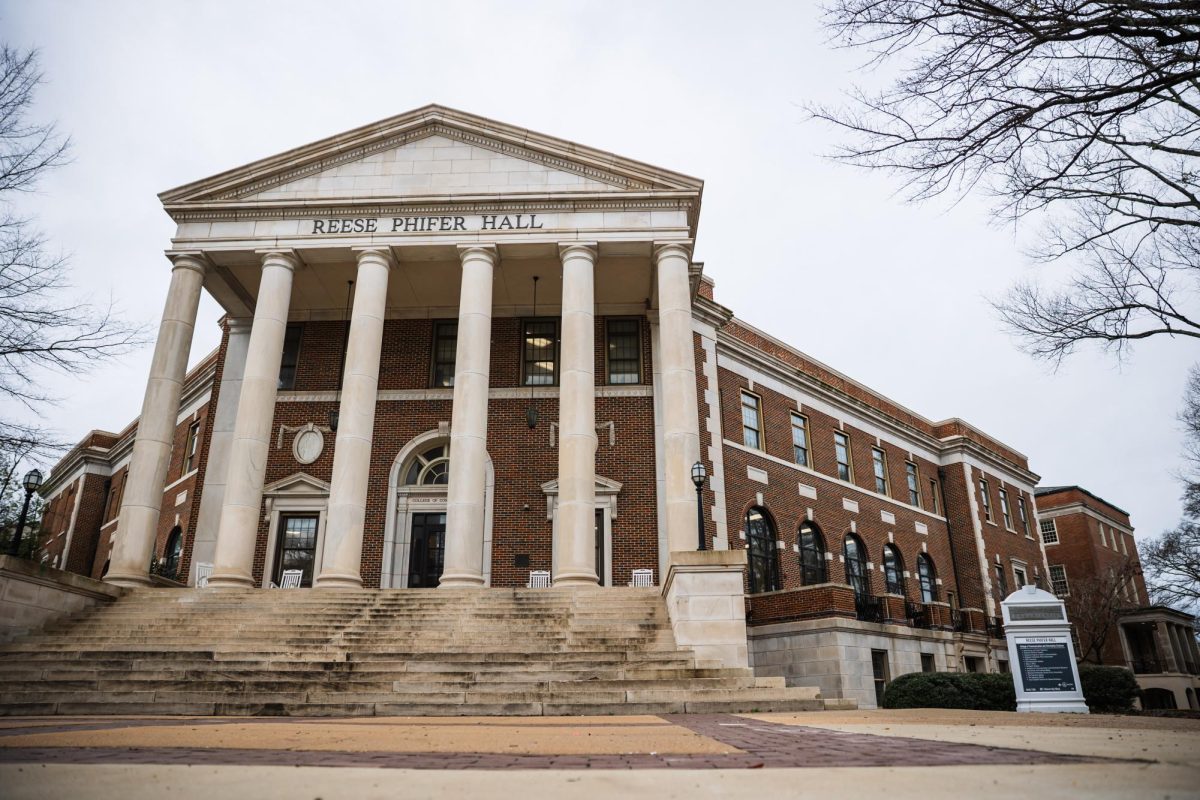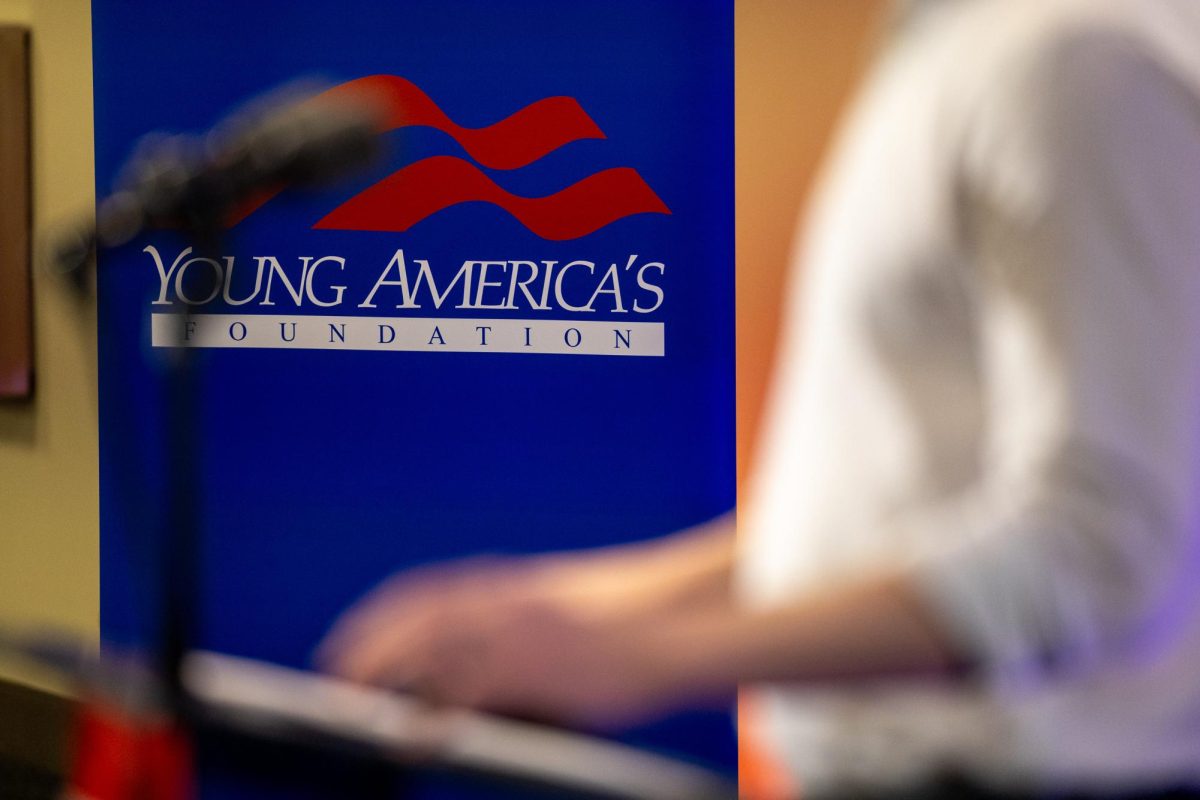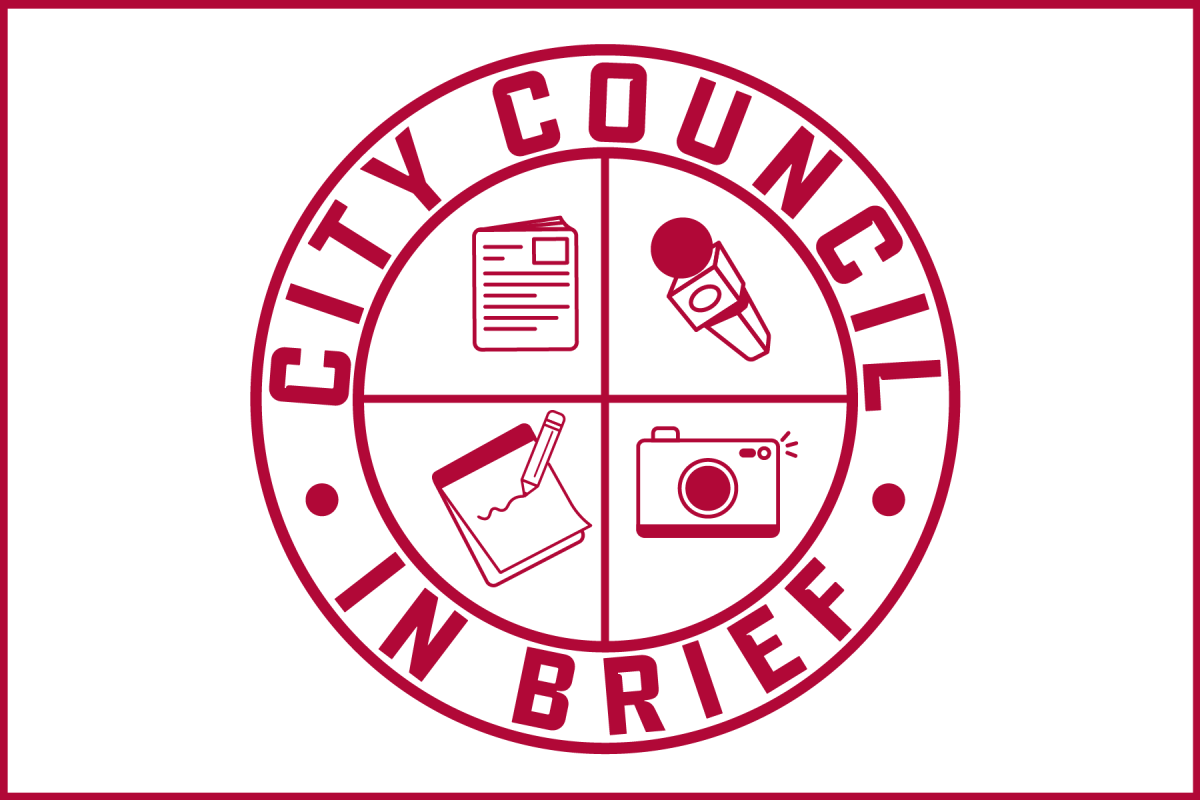The University of Alabama System Board of Trustees approved a tuition increase for UA students Friday, raising the cost by nearly 9 percent for in-state students and 7 percent for out-of-state students.
In-state students will pay $4,300 a semester during the 2011-2012 school year, up $350 from last year. Out-of-state students will pay $10,950 a semester, up $700 from last year.
Ray Hayes, vice chancellor of financial affairs for the UA System, said the increase was primarily due to the steady decline in funding from the state.
“State support is declining,” he said. “That’s the new norm.”
The University has suffered a $62 million cut in state funding since 2008, said UA spokeswoman Cathy Andreen. This year, state funding will make up less than 17 percent of the University’s budget. In 2006, state funds accounted for more than 24 percent, she said.
Hayes said the tuition increase alone will not account for the entire cut in revenue.
“Assuming there would be no additional rise in costs, it would take more than a 20 percent increase to make up for the funding gap,” he said.
The University has been cutting some costs in order to make up for the funding shortfall since 2008, Hayes said. Between 2008 and 2010, the University began cutting services, reducing staff and creating other cost-saving measures to offset the shortfall. Since 2010, the University has continued to implement these measures, he said.
Andreen said the University will need to continue to function efficiently.
“We have worked diligently to reduce costs, including changes to our operating budget and the implementation of initiatives that have successfully reduced our energy consumption,” she said. “As a result, we have not reduced the number of students we accept; students have full access to the classes they need to graduate; we are fully staffed to meet student expectations; and classes are taught by fully qualified faculty.”
Fees levied by individual colleges, such as technology fees and facilities fees, are likely to increase, Andreen said.
Other universities across the South are raising tuition as well. Auburn University raised tuition and will require students to pay a “proration fee,” a rise in costs that will total more than 10 percent, Hayes said. The University of Florida raised their tuition by 15 percent, the University of Tennessee by 9.9 percent, and Louisiana State University by 8 percent, he said.
Despite the increase in tuition and other costs, Hayes said the University is dedicated to providing support for students. From 2008 to 2010, the three universities in the system increased need-based and merit-based financial aid support by a total of more than $50 million, he said.
During the 2009-2010 school year, the University provided more than $47 million in merit-based and need-based scholarship aid, Andreen said. That is an increase from less than $11 million during the 2002-2003 school year, she said.
In addition, more than 10,000 students across the system work on-campus, and those jobs are another way the system can help students with tuition increases, he said.
Andreen said the University employs more than 4,500 students, and those students earned $10.7 million in 2009-2010.
In a statement issued Friday, Student Government Association President Grant Cochran said the SGA will continue to provide support for students through programs such as emergency loans and textbook rentals. Cochran also expressed his support for the University for keeping tuition affordable through tough economic times.
“While I understand students’ frustration with a tuition increase, it is important to recognize the current education budget crisis in our state,” he said. “I appreciate the administration’s and the Board of Trustees’ efforts to keep the Capstone affordable for all students.”








